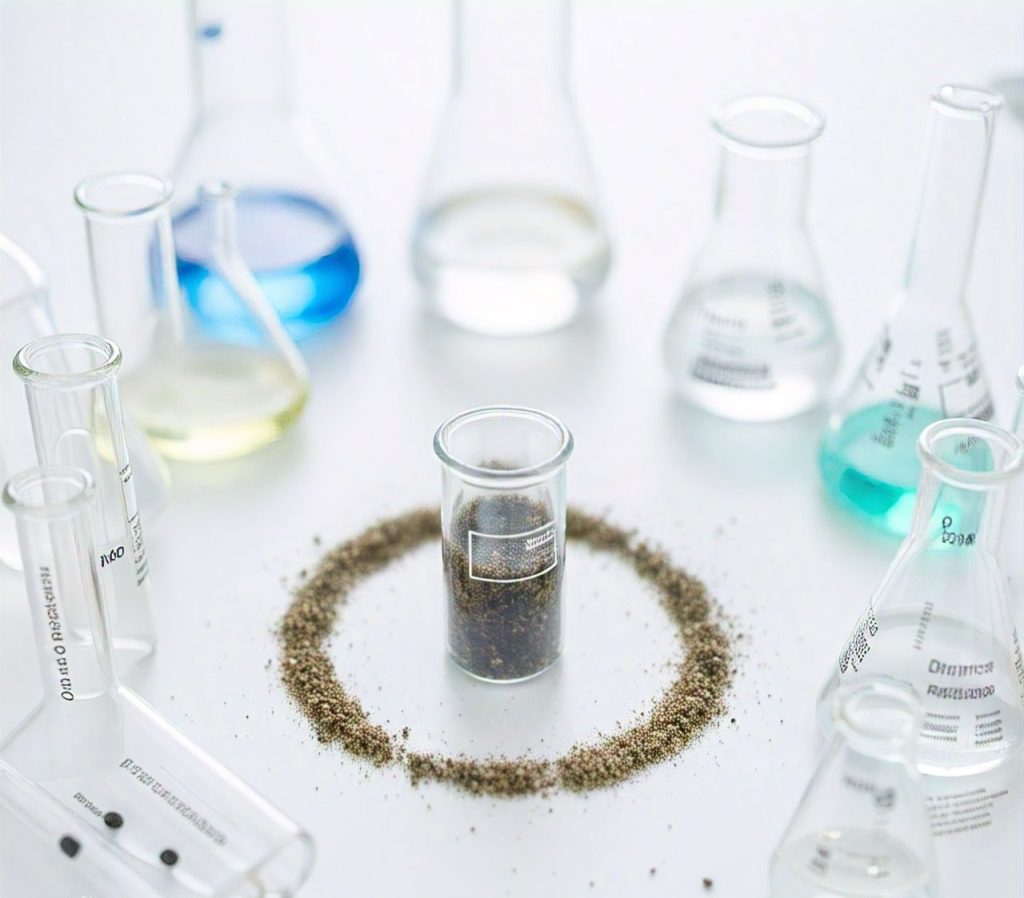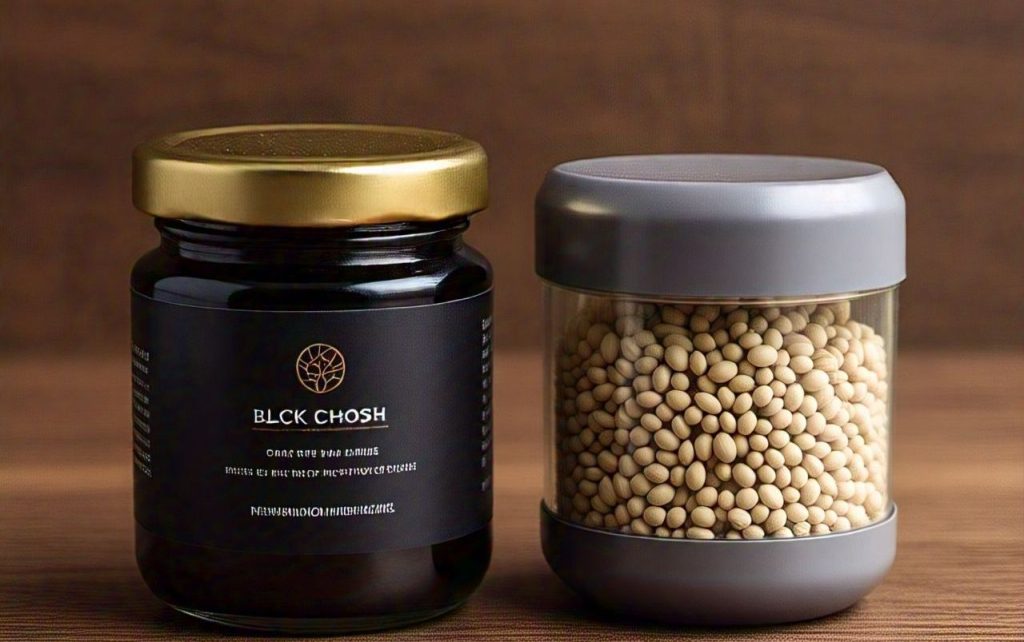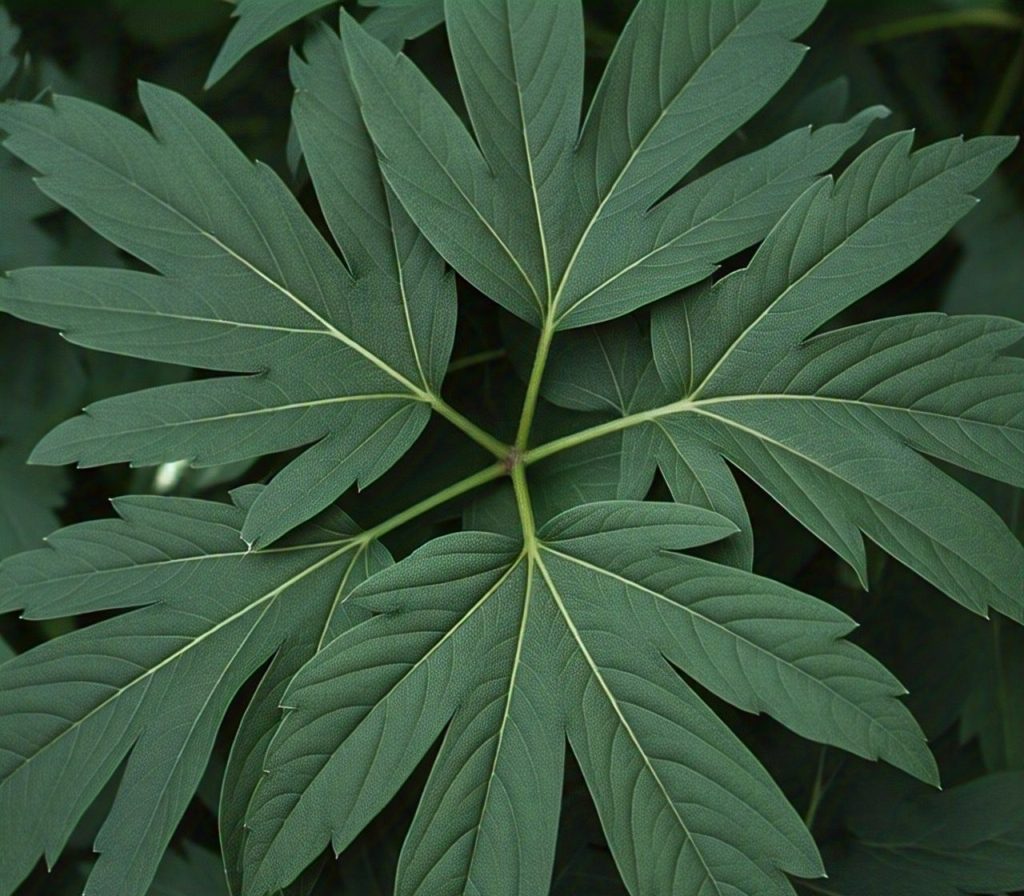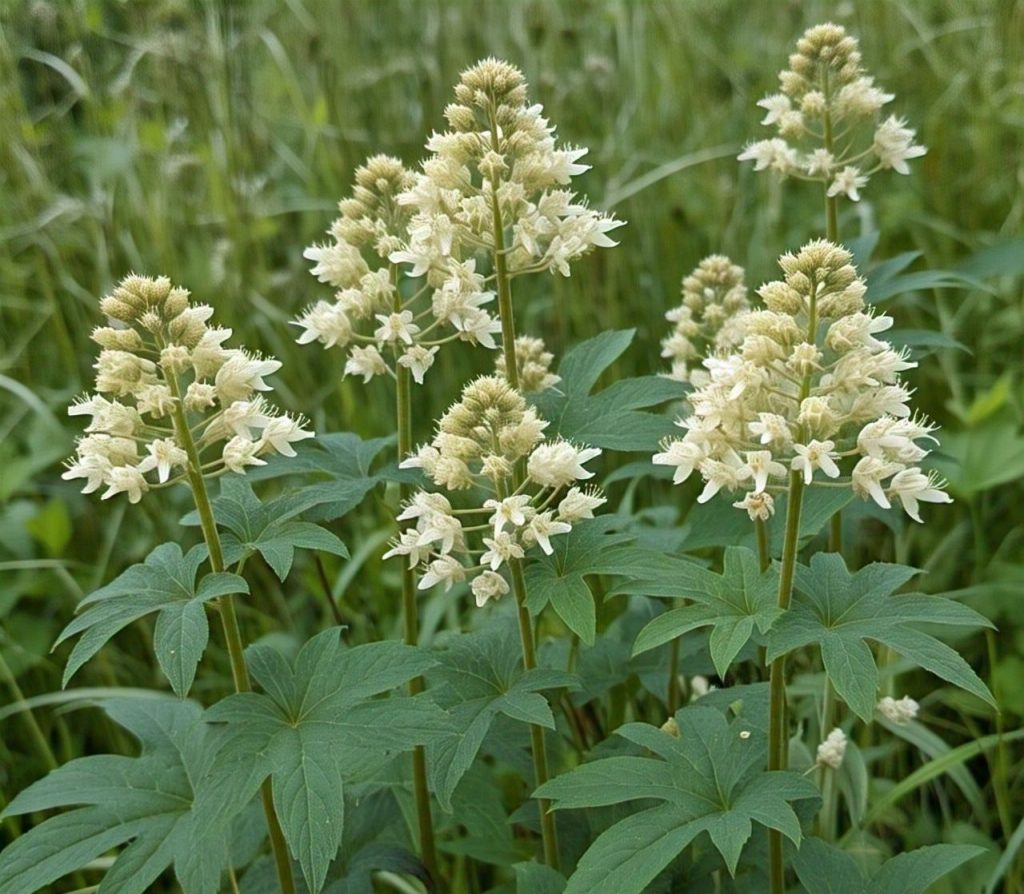Black cohosh (Actaea racemosa), a flowering plant native to North America, has been used for centuries in traditional medicine. It is also known as black bugbane, black snakeroot, rattle-top, or fairy candle (syn. Cimicifuga racemosa). Today, it is most commonly promoted as a natural remedy for managing menopausal symptoms, such as hot flashes and mood swings. While it offers potential benefits, it is essential to understand its uses and associated risks before incorporating it into your health regimen.
Menopausal Symptom Relief:
Black cohosh is widely marketed as an alternative to hormone replacement therapy (HRT) for alleviating menopause-related discomfort. It is believed to act on estrogen receptors, though its precise mechanism remains unclear. Symptoms it may help alleviate include:
- Hot flashes and night sweats
- Mood swings and irritability
- Vaginal dryness

Premenstrual Syndrome (PMS) and Menstrual Pain:
Some women use black cohosh to manage premenstrual symptoms and menstrual cramps, though evidence supporting its efficacy is limited.

Other Potential Uses:
Historically, black cohosh has been used for arthritis, sore throat, and muscle pain. These uses are based on anecdotal evidence and have not been well-supported by modern research.

Potential Side Effects:
Black cohosh is generally considered safe for short-term use, but some individuals may experience side effects, including:
- Nausea or upset stomach
- Headaches
- Dizziness
Rare but Serious Risks:
- Liver Damage: There have been reports of liver toxicity, including hepatitis and liver failure, in individuals using black cohosh. Monitoring for yellow discoloration of skin/jaundice or dark urine is recommended.
- Allergic Reactions: Some users may experience rashes or allergic responses.
Contraindications:
- Pregnancy and Breastfeeding: Black cohosh is not recommended during pregnancy due to its potential effects on uterine contractions.
- Breast or Hormone-Sensitive Cancers: Given its possible interaction with estrogen receptors, women with a history of hormone-sensitive conditions should consult a healthcare provider before use.
Dosage and Recommendations:
Black cohosh supplements are available in market as capsules and teas. Typical dosages range from 20 to 80 mg per day, though individual recommendations vary. It is vital to follow the manufacturer’s guidelines and consult a healthcare provider for personalized advice.
Black cohosh offers a natural option for managing menopausal symptoms, but its benefits are not universally guaranteed, and potential risks must be considered. Women interested in using black cohosh should discuss it with their healthcare provider, particularly if they have underlying health conditions or are taking medications.
For additional information, consult reputable sources such as the National Center for Complementary and Integrative Health (NCCIH).





